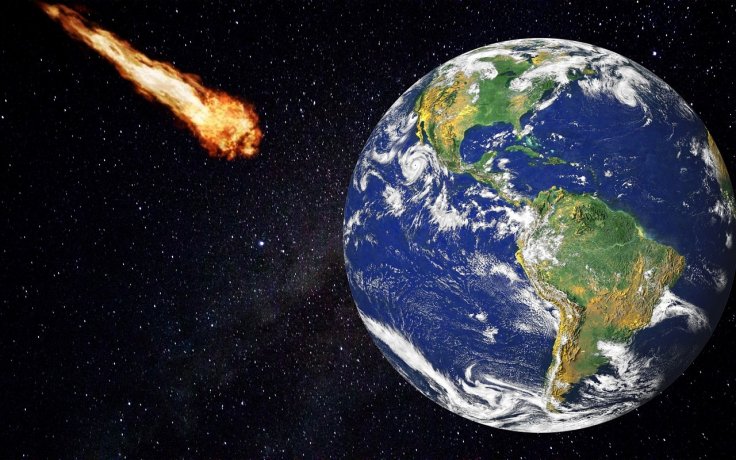NASA's asteroid trackers have revealed that a huge asteroid, dubbed as 310442 (2000 CH59), will come dangerously close to Earth on Thursday, December 26. According to reports, the asteroid with a diameter of 2,034 feet will be almost 4.5 million miles away from the earth at the point of closest approach at around 02.54 AM EST.
The asteroid CH59, which is screeching across space at a speed of 27,500 miles per hour, would luckily zip past Earth by nearly 19 times as far as the Moon is from Earth. Though the distance may seem to be massive, it is not that far when estimated in astronomical terms.
After Earth, asteroid will fly past Venus

Paul Chodas, director of NASA's Center for Near-Earth Object Studies (CNEOS) had told Newsweek: "At its closest, CH59 will be about 19 times farther than the moon. Over many centuries and millennia, these asteroids might evolve into Earth-crossing orbits. So it is prudent to keep tracking them for decades to come and to study how their orbits might be evolving."
NASA has predicted that after the asteroid's closest approach to Earth, it will fly extremely close to Venus on September 10, 2020. Asteroid CH59 will visit our planet again in March 2021, December 2023 and March 2024.
In recent times, a number of giant asteroids, including 2019 OK, 2019 OD, 2015 HM10, 2019 OE, 2019 NN3, 2019 MB4, 2019 MT2, 2006 QV89, 2016 NO56M, RF12, and others, had approached towards Earth, but fortunately, none of those hit the planet.
Repeated incidents of asteroids
Due to repeated incidents of asteroids in the past, NASA launched a new office called The Planetary Defense Coordination Office (PDCO) in 2016. The aim of PDCO was to track asteroids and comets that come too close to our planet.
Based on a new study, scientists have said that asteroids have been crashing into the Earth at nearly three times their previous rate over the last 290 million years. However, they are not sure about the exact reason behind this.









